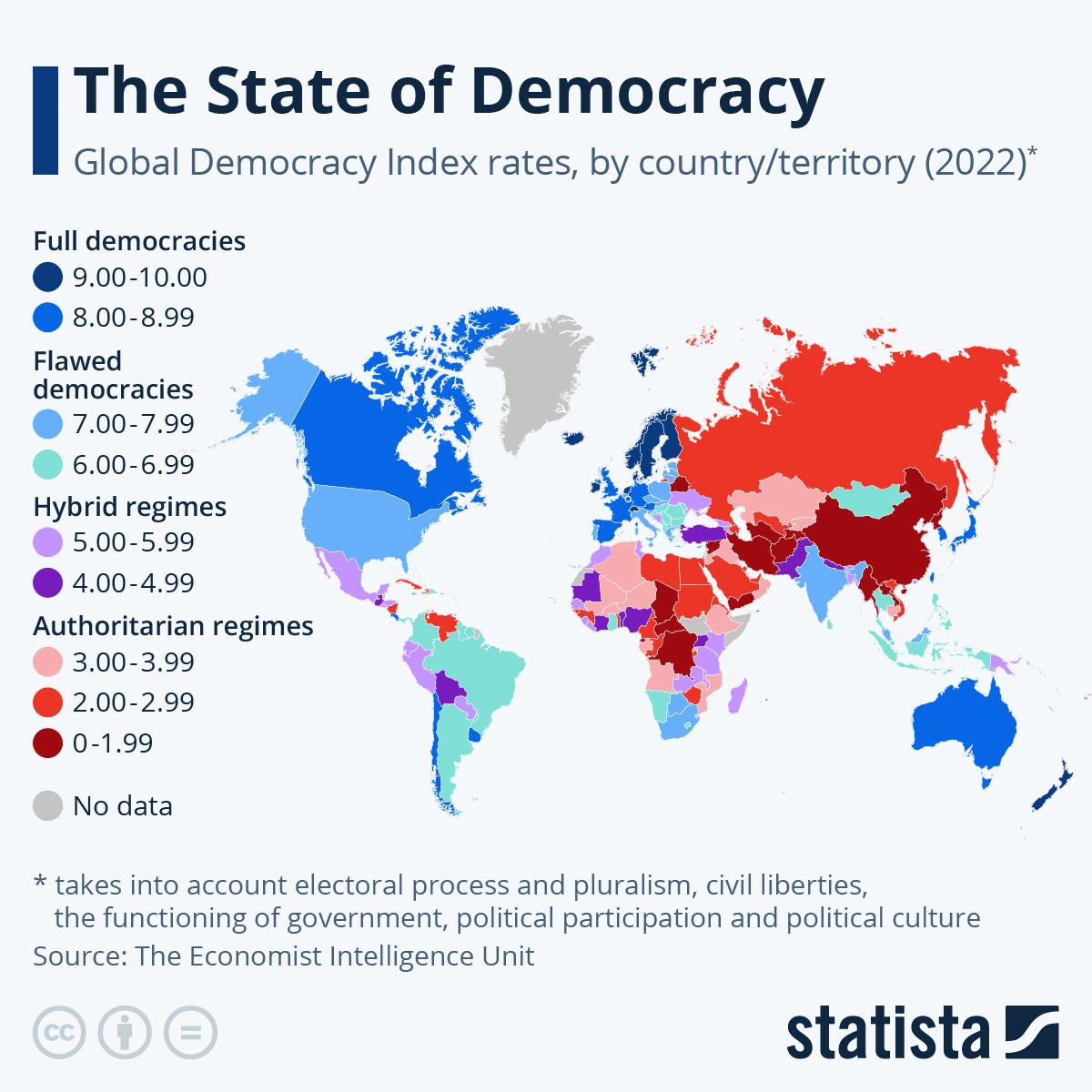Holding Leaders Accountable: Education, Justice, and the Future of Democracy
In the ever-evolving political landscape, recent public statements by Brazilian President Luiz Inácio Lula da Silva and Harvard professor Steven Levitsky shed light on the importance of accountability and the transformation of democracy. Today we look deeper into their perspectives, debunking the misconception that formal education alone determines a leader's fitness for office. Through evidence-based research, we explore the intersections of education, justice, critical thinking, and their potential to empower individuals and shape a more prosperous future.
✨
Education and Leadership: Redefining Success
While formal education imparts valuable skills and knowledge, it does not solely dictate leadership prowess. President Lula's recent public statements highlight the universal principle that all public servants, regardless of educational background, should be investigated and held accountable for breaking the law. Levitsky echoes this sentiment in his analysis of the legal cases involving former President Donald Trump, emphasising the importance of holding leaders responsible. These perspectives challenge the stereotype that formal education is the sole determinant of leadership aptitude.
Justice and Democracy: Pillars of a Flourishing Society
Both Lula and Levitsky emphasise the significance of justice in fostering a healthy democracy. When leaders, including presidents, are subjected to legal scrutiny and consequences for their transgressions, it reinforces the core principle that nobody is above the law. This commitment to justice strengthens democratic institutions, cultivates public trust, and ensures equitable governance. Lula's viewpoint aligns harmoniously with Levitsky's assertion that accountability is fundamental to preserving democratic values and the integrity of the political system.
Challenging Preconceptions: A Holistic Approach to Leadership
The convergence of Lula's and Levitsky's perspectives challenges the notion that a leader's educational qualifications singularly determine their suitability for office. While formal education provides a solid foundation, leadership qualities extend beyond academic achievements. Experience, values, and a commitment to justice play pivotal roles in evaluating an effective leader. As exemplified by Lula's statement and Levitsky's analysis, the ability to uphold the law and promote accountability transcends educational boundaries.
A Cautionary Tale: Navigating the Digital Age
In the age of vast information and rapid dissemination, discernment and critical thinking are paramount. The perils of sharing and consuming fake news undermine the integrity of public discourse and erode trust in democratic processes. This tale serves as a reminder to us seeking happiness, balance, and bliss, that indulging in misinformation perpetuates false narratives and hinders progress. By championing factual information, fostering critical thinking, and engaging in responsible online behaviour, we empower ourselves to shape a more enlightened society.
✨
The alignment of President Lula's and Professor Levitsky's views underscores the dynamic nature of democracies, challenging the notion that formal education alone determines a leader's worthiness for office. Education, justice, and critical thinking are essential elements in creating a vibrant democracy. Moving forward, it is crucial to recognize the significance of justice, accountability, and the power of discernment. By embracing these values and fostering a society that upholds integrity and the rule of law, we inform, inspire, and empower individuals to shape a future that is built on progress and equality.
✨✨🙏✨✨
@bblissmagazine
Learn more:





